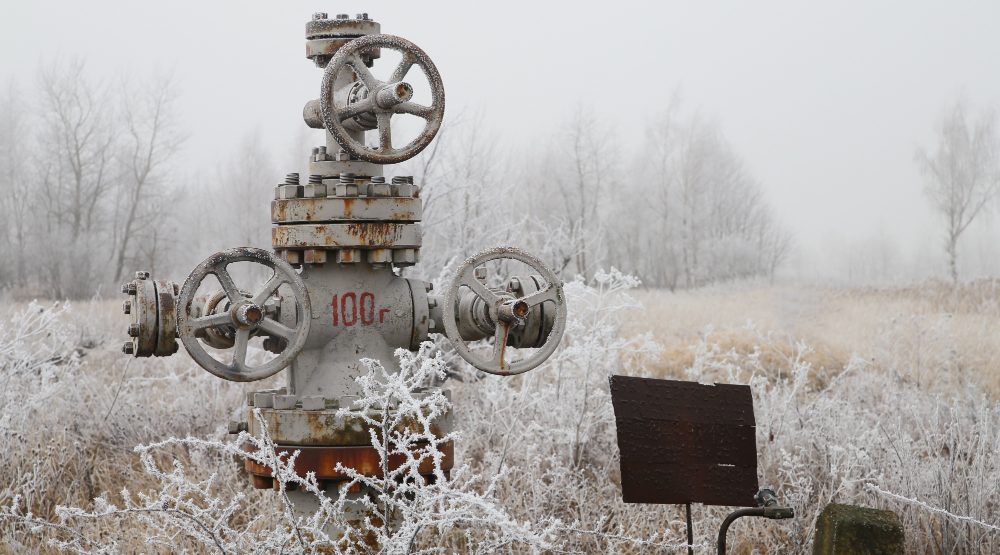- Of late, the situation on the Ukraine border continues to remain volatile ever since the Russian military has amassed one lakh strong personnel on the premise of conducting routine winter exercises. For quite some time now, it is evident from the aggressive nature adopted by the Russian establishment towards Ukraine that the former is waiting for an opportune time to invade. The world, especially the European Union and NATO, is closely keeping an eye on the happenings. The United States of America and the United Kingdom have spared no efforts in cautioning the Russian leadership from going ahead with the misadventure.

PC: Wirestock
- Against this backdrop, comes the news that Germany’s navy chief, Vice-Admiral Kay-Achim Schoenbach has had to resign for comments he made at an event in India. With tensions rising by the day between Ukraine and Russia, Schoenbach had said that Kiev would not regain the Crimean Peninsula Moscow had seized in 2014. Ukraine and the West fear the amassing of troops along the borders in preparation for a full-scale Russian invasion. Note that both the US and UK have pulled out some of their embassy staff and their dependents in Ukraine. You may be aware that Moscow has long objected to NATO’s eastward expansion and sees any moves to include Ukraine in the bloc as a red flag.
- Moscow’s seizure of Crimea and support for rebels in Ukraine’s eastern Donbas region show it is prepared to push the envelope sooner than later. NATO should be mindful of the fact that provoking Russia into a confrontation will be counterproductive. Russia is endowed with enough military depth to seriously complicate security dynamics in Europe. Crucially, it provides Europe with more than 40% of its natural gas supply. This supply can get severely disrupted in the event of a conflict, pushing European economies into turmoil. Given this situation, Schoenbach’s analysis that it is important to have Russians on the same side against China is a pragmatic assessment.

PC: Evening_tao
- Needless to mention, China with its vast economic and technological prowess is the biggest threat to the global order posting a systemic challenge to the rules-based international order. As such, if NATO were to get bogged down in a conflict with Russia, it would take away from international efforts needed to push back against an alarmingly aggressive China. Of course, contrary to what Russia’s strongman Vladimir Putin wants the world to believe, it is not big enough power anymore to seriously disrupt the world. The country is facing challenges like de-population, and without a substantive economy, it primarily relies on military and energy exports.
- Thus, Moscow’s ability to influence matters is limited as any conflict started by it also will hurt itself. However, teaming with China will position Russia as a serious disruptor which will only help in furthering Beijing’s increasingly adventurous and expansionist interests. Therefore, a better approach will be to work out a modus vivendi with Russia in Europe that drives a wedge between Moscow and Beijing. Mind you, stakeholders like the NATO, European Union, and the USA/UK should need to play smart here. Otherwise, Beijing will be gleefully anticipating a windfall in forging ahead with its ambitious expansionist plans.






